Interview with Kelly Parshall, Class of 2010
by Chace Blackburn, ’18
I was lucky enough to talk with Kelly Parshall (Periclean Alumni from the class of 2010) last Thursday. I spoke to her experience in Periclean Scholars, her winter term trip to Ghana, her semester in Dar Es Salaam, and her service in the Peace Corps in Vanuatu.
Parshall said she felt she didn’t really find her place at Elon until joining Periclean as a freshman in 2007.
“I felt pretty isolated to just events within my area of interest (global studies) until my global experience class. At the en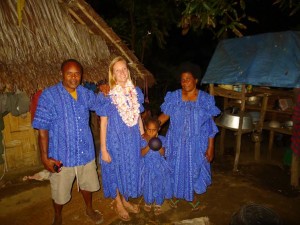 d of the course, my professor handed out applications to Periclean Scholars, which seemed like such a cool opportunity,” she said.
d of the course, my professor handed out applications to Periclean Scholars, which seemed like such a cool opportunity,” she said.
“I didn’t believe it was real. I mean, a bunch of 18 and 19 year old students about to address social issues. I was astounded.”
Parshall was no stranger to volunteering or immersing herself in cultures different from her own.
“I did a lot of volunteer work during high school- I worked for Habitat for Humanity, in soup kitchens. But I had never left the country before, which is why I thought Periclean would be so cool.”
Even though Parshall was well-versed in volunteering and had a passion for social justice, Periclean was nerve-wracking at first, as she recalls.
“At first I was really intimidated because we had a lot of go-getters in my class. But Dr Heidi Frontani was our mentor, who was really cool, and helped me feel more at ease.”
In 2008, Parshall traveled to Ghana with her fellow Periclean Scholars.
“I was tutoring African refugees when I was in Ghana. I was so astounded by the gratitude I was shown while there. It inspired me to drop the semester abroad in Sussex, England I was planning. I had some wiggle room in my schedule, and so in lieux of traveling abroad to England through Elon, I decided to spend a semester in Tanzania through University Corps.”
So during the fall of her senior year at Elon, Parshall packed up her bags and spent four months in Dar es Salaam.
es Salaam.
“Dar es Salaam was a huge change in my life. It’s one thing to read about abject poverty, its another to see families living in it. It gives you a sense of gratitude.”
This gratitude propelled her to write a piece entitled “Swim Champ,” which details her experiences being a mzungu in Tanzania struggling with white privlege and can be found here.
The piece describes her ex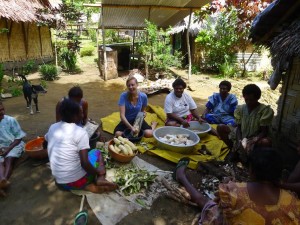 perience of accidentally joining the national Tanzanian swim team, and the embarrassment that ensues. But on a deeper level, the story entails the nature of white privilege, and how it separated Parshall greatly from her peers.
perience of accidentally joining the national Tanzanian swim team, and the embarrassment that ensues. But on a deeper level, the story entails the nature of white privilege, and how it separated Parshall greatly from her peers.
“Even the good friends you make you would have uncomfortable moments with. One of our Tanzanian friends organized a trip, and at the end of t he trip, we realized he’d asked for way more money than was needed. This was really hurtful and made me realize the cultural gap was going to be much harder to bridge than I had ever anticipated.”
After graduating from Elon, Parshall spent two years in Vanuatu, working as a Community Health Facilitator. It was there that she constructed 30 new VIP toilets, managing and implementing a $9,000 USAID climate change adaptation grant, conducted community health outreach in malaria prevention, sexual/reproductive health, NCD screening, water and sanitation and child nutrition, and liaised with community leaders to form a disaster committee, create multi-hazard disaster response plans and coordinate food aid distribution. But it was also during that time that Parshall experienced a heartbreaking conflict.
“There was a huge cyclone, category 5, headed straight for Vanuatu. The American government sent us a plane, for only Americans to get on. It was so painful to know I was safe while everyone around me was panicking. I came back to help, but it was still such a hard time, and felt it divided me even more from the citizens of Vanuatu.”
In January 2015, Parshall started working for Deutsche Gesellschaft für Internationale Zusammenarbeit (German Society for International Cooperation) in Venautu. Here she continued to help with aid efforts for the cyclone she so narrowly escaped. Managing a 100,000 Euro budget, she worked in emergency food aid distribution, food monitor training and knowledge management.
She is now back in the states, applying for graduate schools and looking for jobs within the realm of food security, always remembering Periclean for starting her down this road.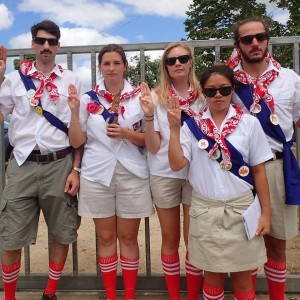
“Its all about the baby steps of what you’re comfortable with. Periclean made comfortable doing more than I ever thought I could. It’s what inspired me to do a semester abroad in Tanzania, and
to join Peace Corps, which is something I never thought I would do. I realized, through Periclean, that I didn’t just want to sell or provide a service, I wanted to work in community development. It’s interesting to me, and makes me happy.”
Her advice to Periclean Scholars?
“Study abroad- wherever you are interested to go. If you plan to do Peace Corps or any kind of volunteer work, invest in learning practical skills. The people that got hired in Vanuatu studied administration, medicine, logistics. Have realistic expectations about your time abroad- I am so happy I did it, but I also know that I didn’t save the world. You have to realize that’s ok; you still made an impact.”
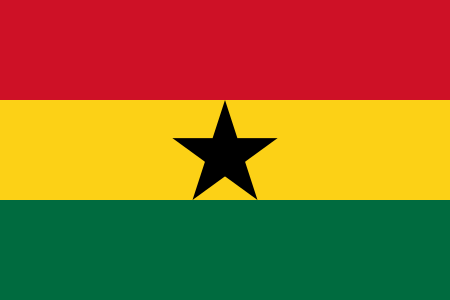
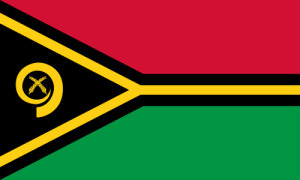
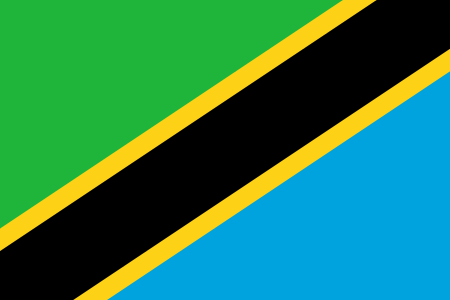
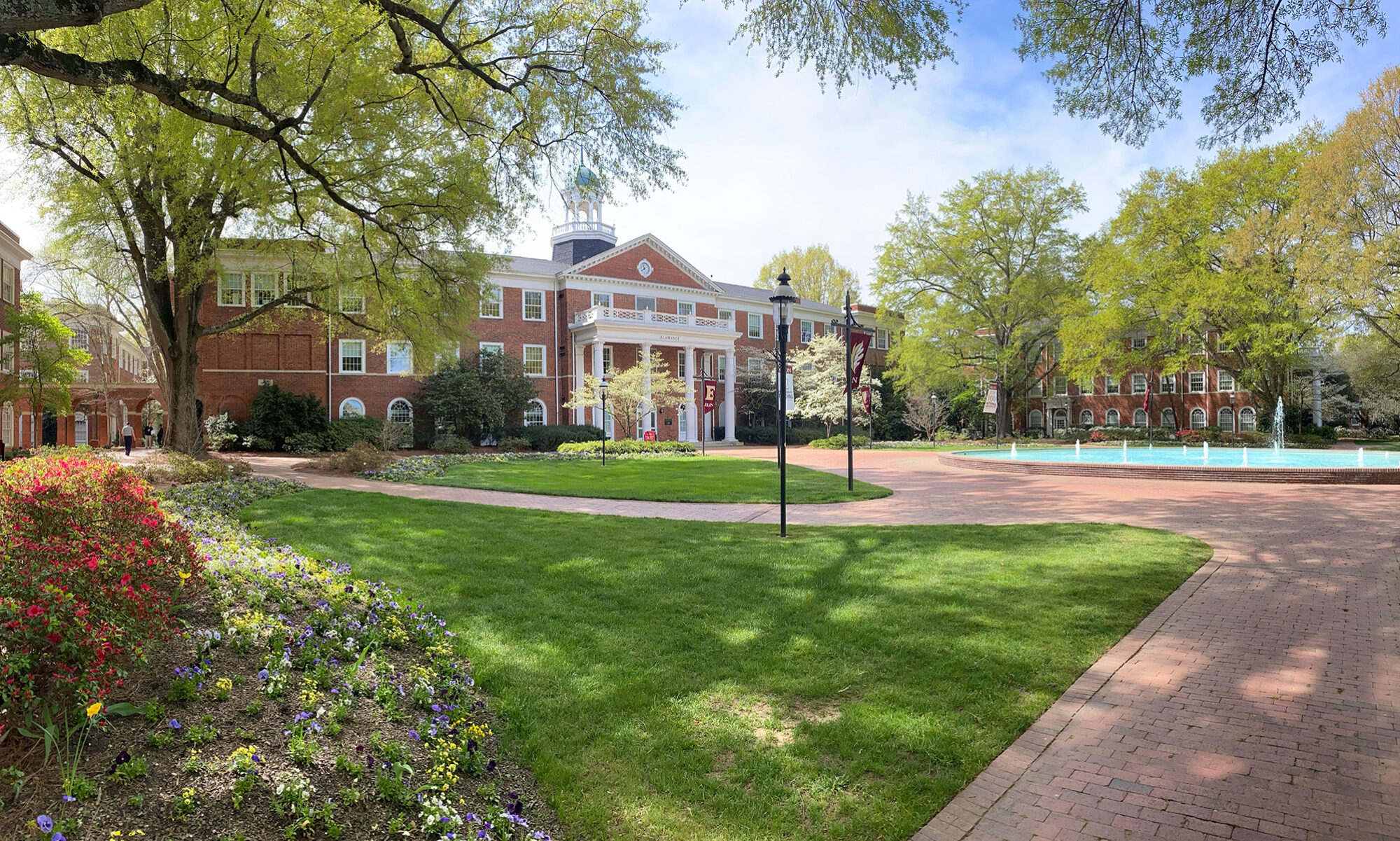

 Follow
Follow
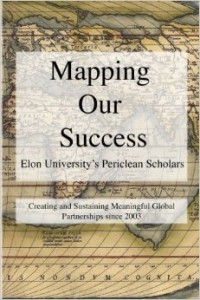
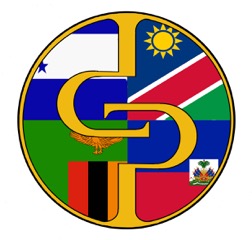
 Bethany Lake and Samantha Perry were the speakers for the class of 2018. They presented on many topics including the committees the class has created, including: Fundraising, Video production, Steering Committee representatives, Public Relations, Planning induction for the class of 2019, their local partner, Habitat for Humanity, Current events in Zambia, and a Social committee facilitating class bonding and relationship building. As well, they have divided up researcg topics as so: arts and leisure, ecnomy, education, health and public health, environment, hist
Bethany Lake and Samantha Perry were the speakers for the class of 2018. They presented on many topics including the committees the class has created, including: Fundraising, Video production, Steering Committee representatives, Public Relations, Planning induction for the class of 2019, their local partner, Habitat for Humanity, Current events in Zambia, and a Social committee facilitating class bonding and relationship building. As well, they have divided up researcg topics as so: arts and leisure, ecnomy, education, health and public health, environment, hist
 who works with youth and community development in two different towns in Honduras.
who works with youth and community development in two different towns in Honduras.